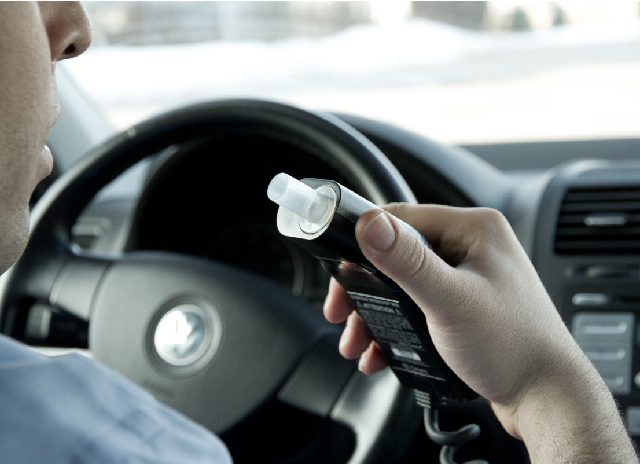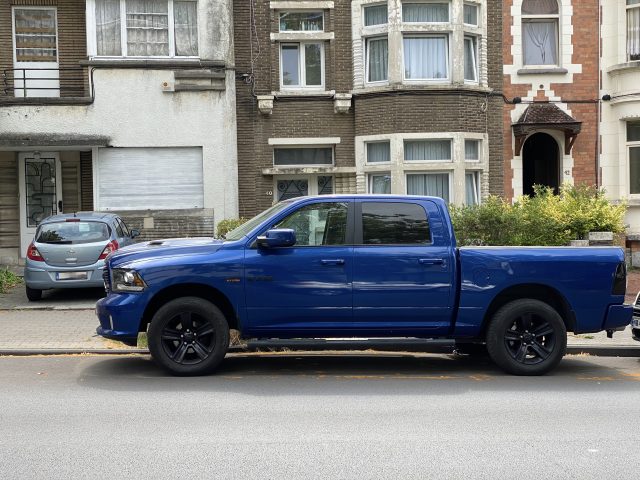Italy’s road rules reform passes into law, but some changes could harm road safety
Italy’s new highway code reform has passed the senate and will become law two weeks after publication in the country’s official journal next month. While the law introduces some positive changes, it also threatens some of the most important measures for improving urban road safety.
Under the reform, Italy will require convicted drink-drivers to install an alcohol interlock. This measure will be developed in further legislation expected next year.
Sanctions are being increased for many offences, however the law is being changed so that only one speed camera fine can be issued when driving on the same stretch of road over a one hour period; further infractions will not be counted. ETSC says this sends the wrong message and could encourage speeding.
The new law also limits locations where 30 km/h speed limits can be placed to specific areas such as outside schools and hospitals. This could make implementation of city-wide 30 km/h limits, such as in Bologna, subject to legal challenges. The law also prevents cities from using speed cameras to enforce speed limits of less than 50 km/h – removing one of the primary enforcement measures for safe urban speed limits.
In an open letter published in the Financial Times in April, mayors from across Europe (including Matteo Lepore, mayor of Bologna) argued that “taking away the ability of local leaders to introduce simple, effective ways of reducing harm and improving lives cannot be justified.”
Young and novice drivers will be required to follow mandatory lessons on motorways, extra-urban roads and night driving in order to get a driving licence. An existing requirement for new drivers to only drive vehicles with maximum power output below a specific limit is being extended from one to three years, though the power limit has been raised slightly from 70 kw to 75 kw.
Italy is also following Denmark and Spain by requiring e-scooter riders of all ages to wear a helmet, a recommendation ETSC supports. Previously the requirement only applied to under 18s. The government will also require insurance, a registration sticker as well as some mandatory technical requirements, such as fitting indicator lights.








